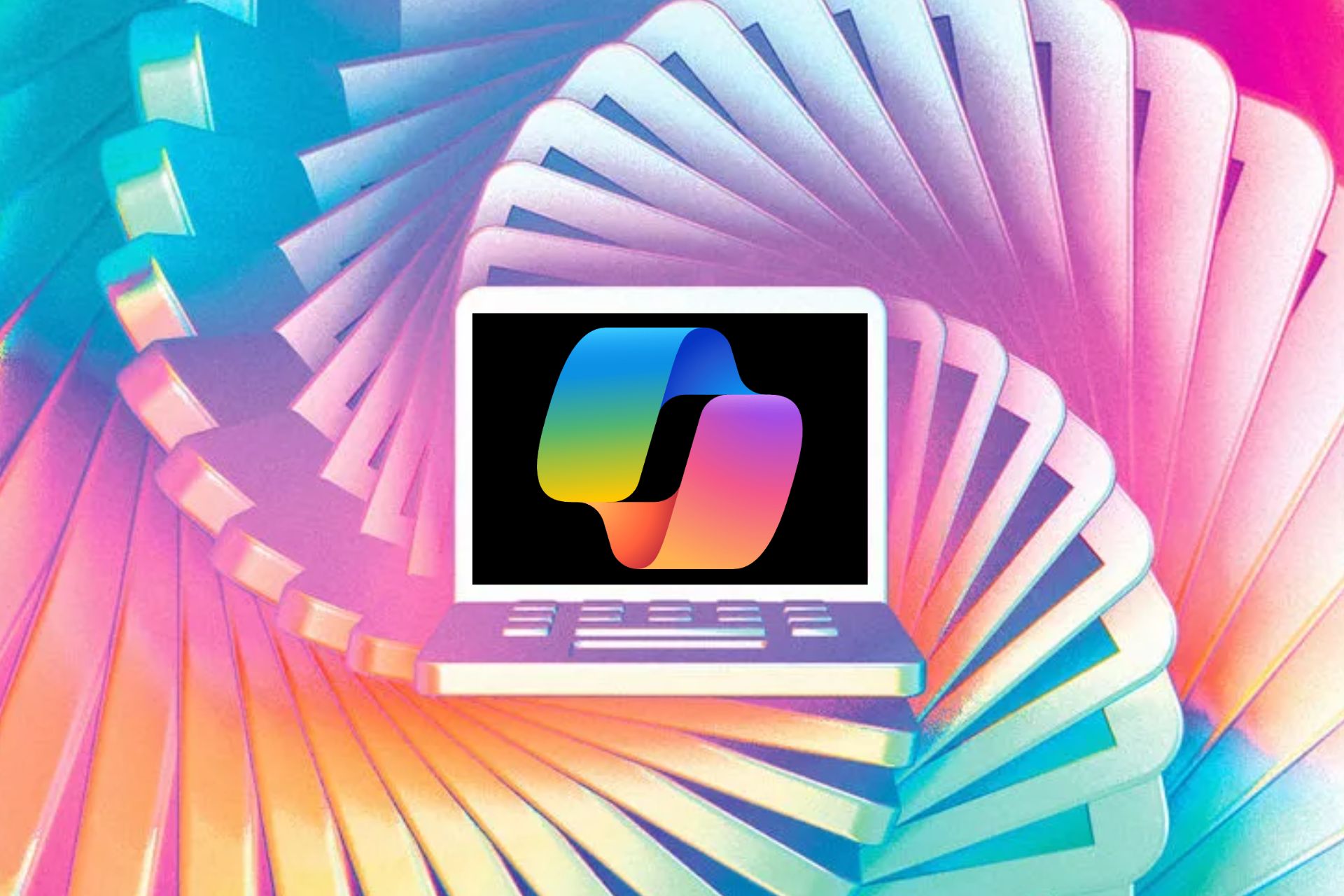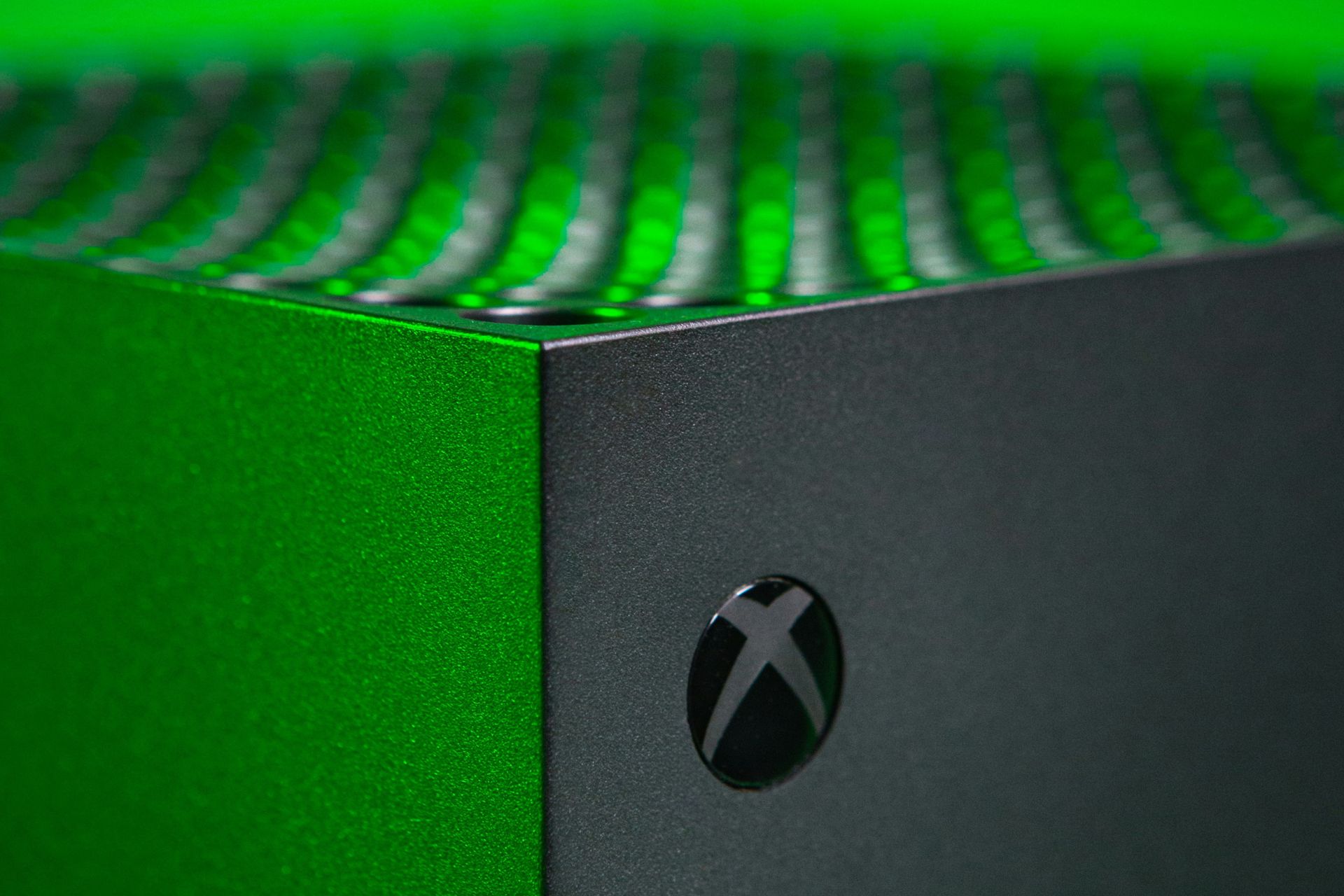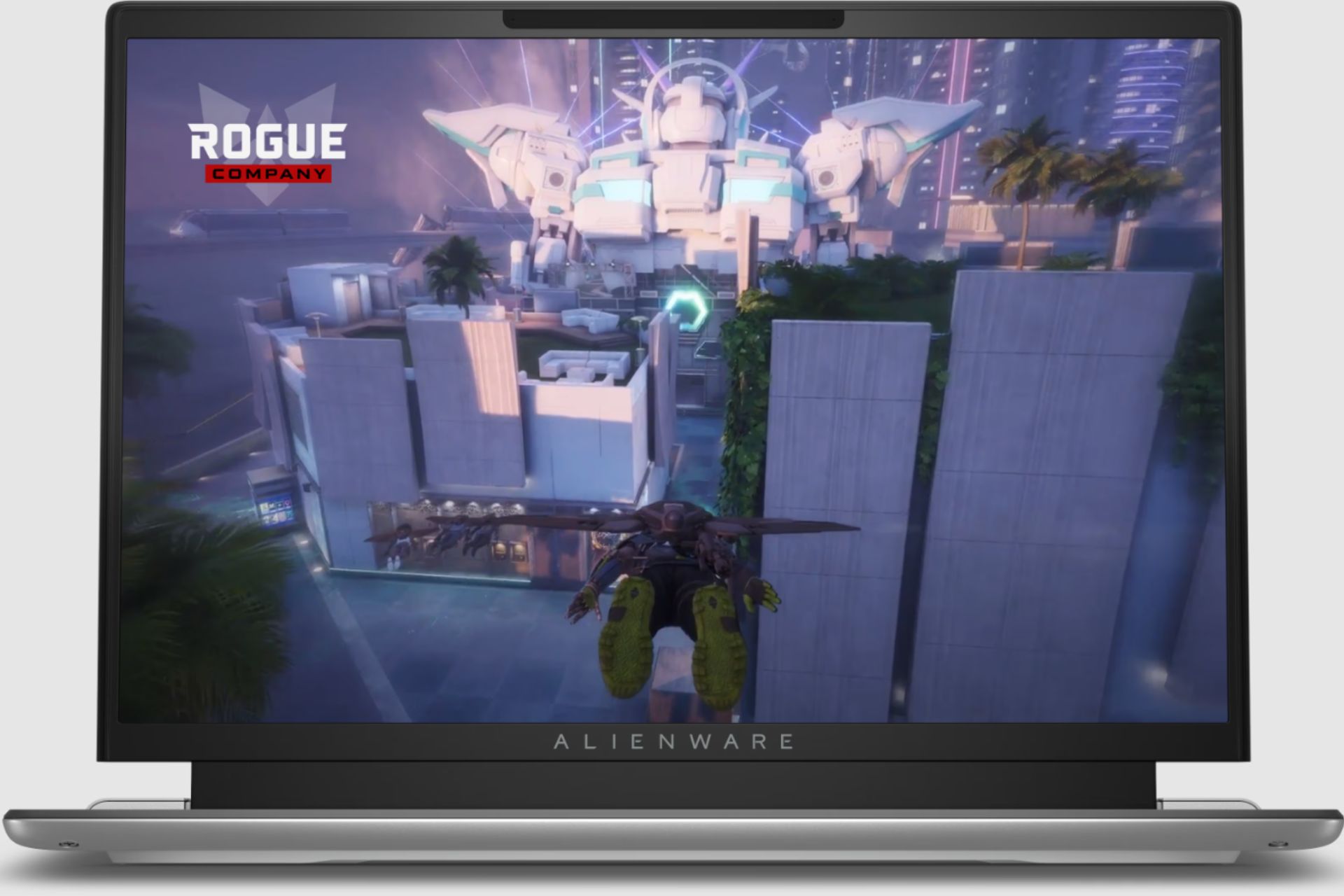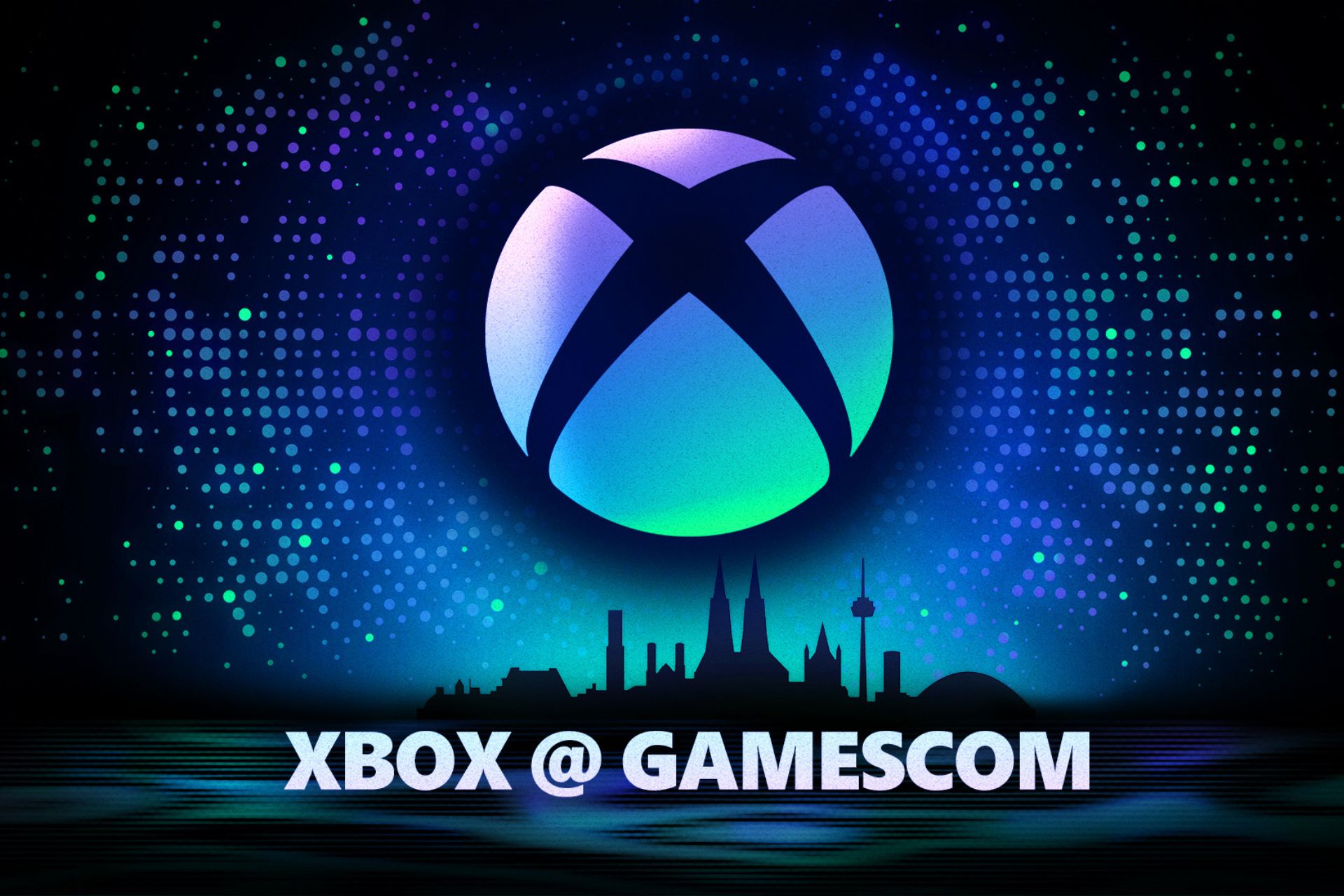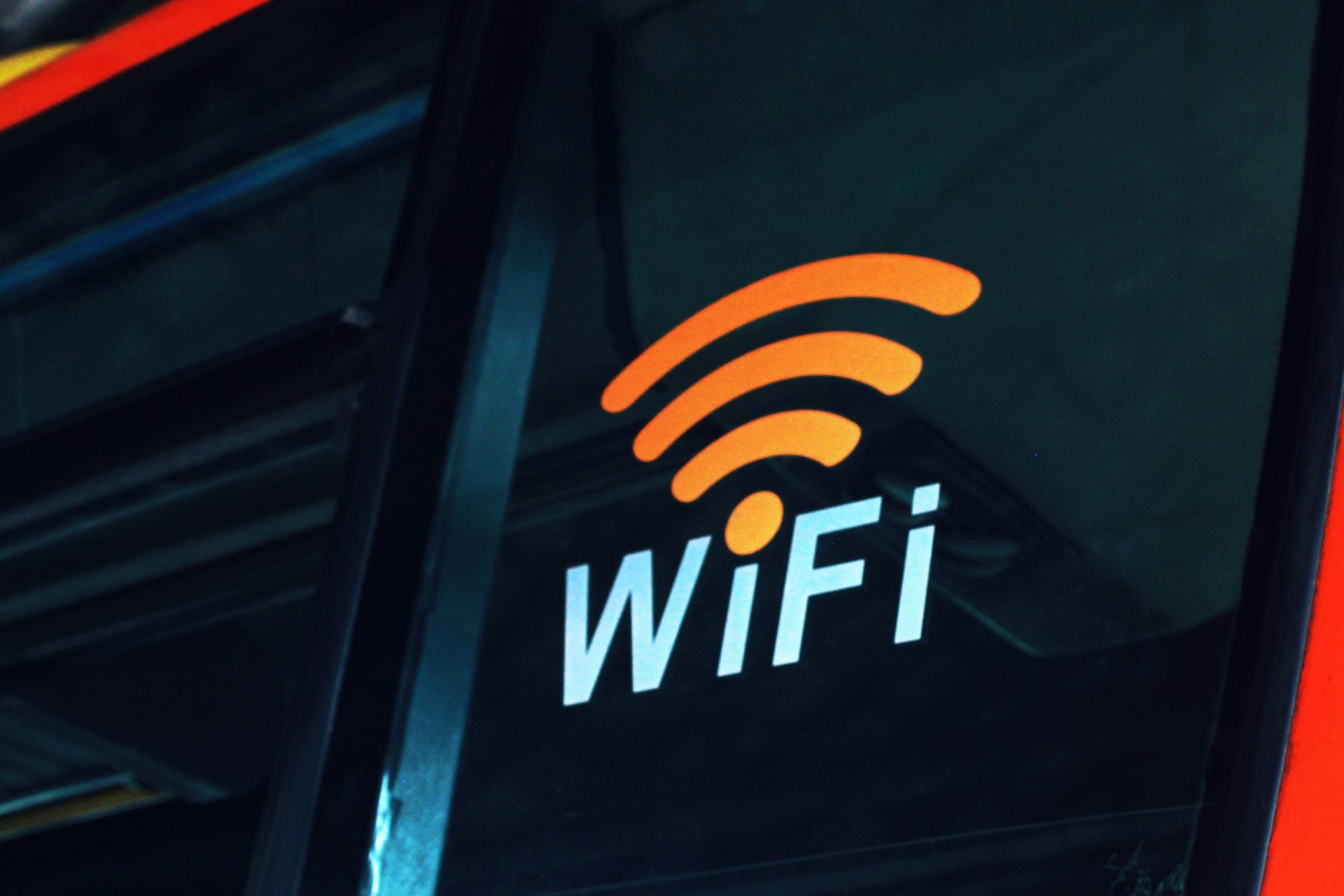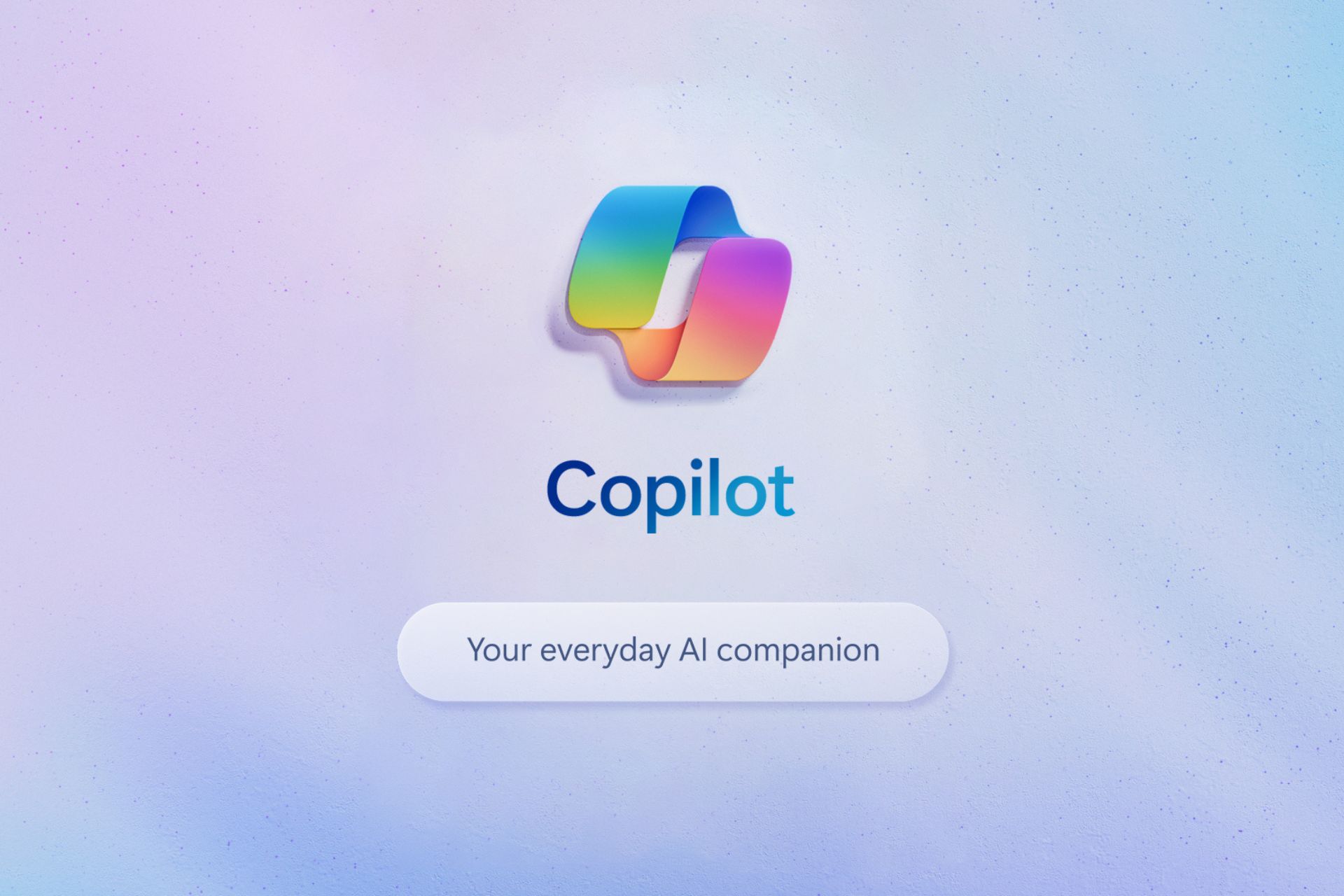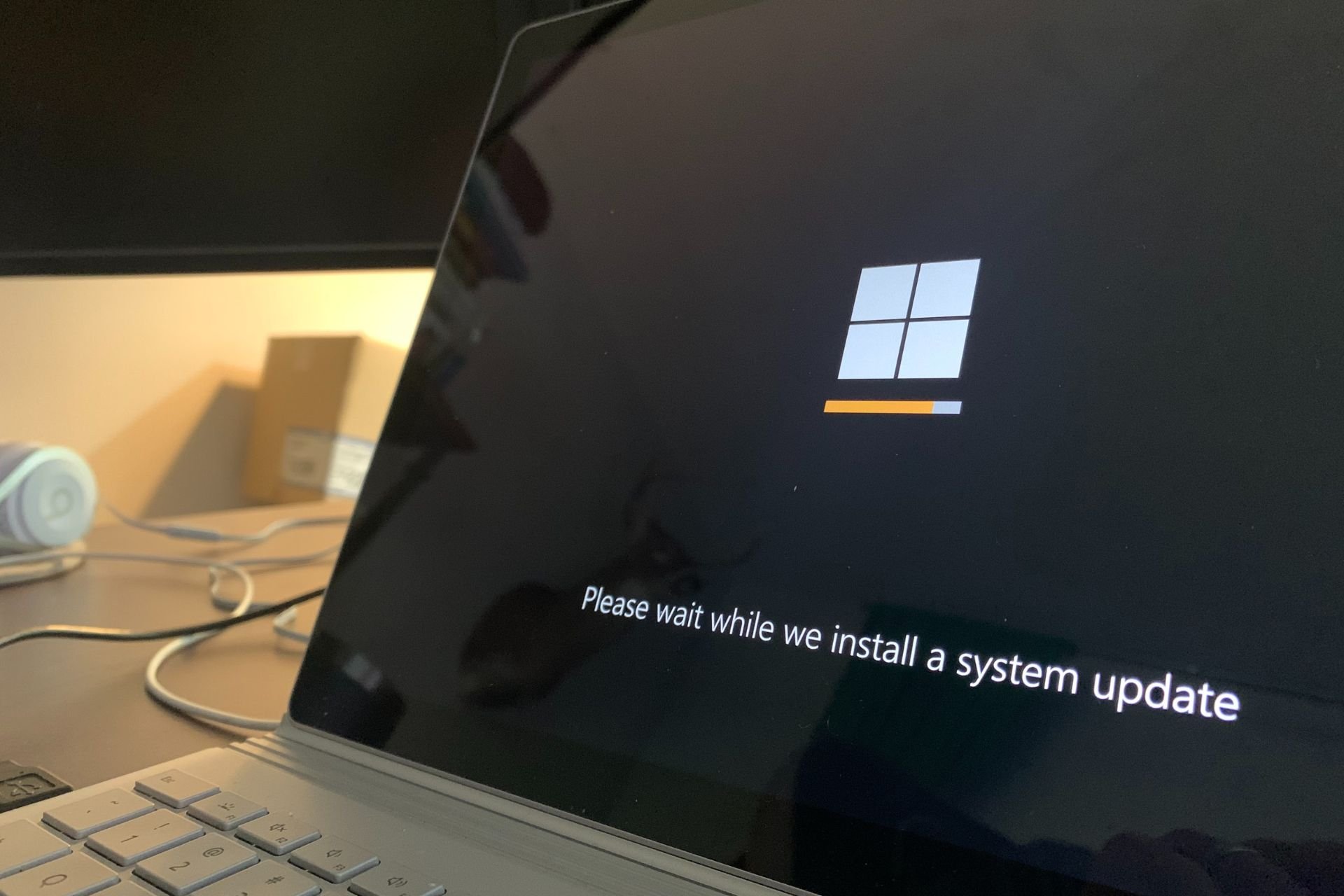Windows users don't care about Copilot or AI, but they react strongly to ads
Only 2% of the U.S. users use Copilot daily
4 min. read
Published on
Read our disclosure page to find out how can you help Windows Report sustain the editorial team Read more
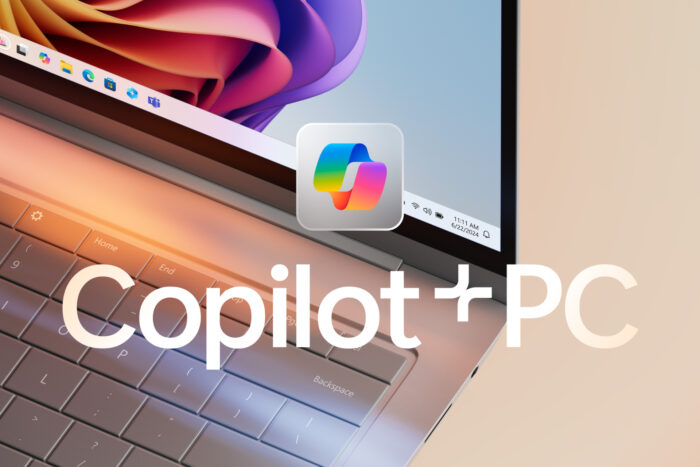
Microsoft is creating a stir with Copilot+, its newest endeavor and manufacturers are launching a wave of AI laptops to support this idea. This ambitious project aspires to change how we use PCs by introducing a set of on-device AI tools that can assist us in making our digital lives simpler and more instinctive. But it seems like the tech giant could have not caught exactly what its users want. What is at the core of it all?
Windows users are mostly asking for a more basic, less advertisement-filled experience rather than AI integration. Yet, Microsoft’s big bet on AI hasn’t excited Windows 11 users as it would have liked. Even though the company is trying to present Copilot+ as something important, according to a recent survey conducted by YouGov for Reuters, people seem not interested in this.
Very few people use Copilot frequently
They gathered the data from an online questionnaire fielded between 28 March and 30 April 2024 in six countries: Argentina, Denmark, France, Japan, the UK, and the USA. Below, we included an excerpt of the data provided within the study and Microsoft, you’re not going to like this.
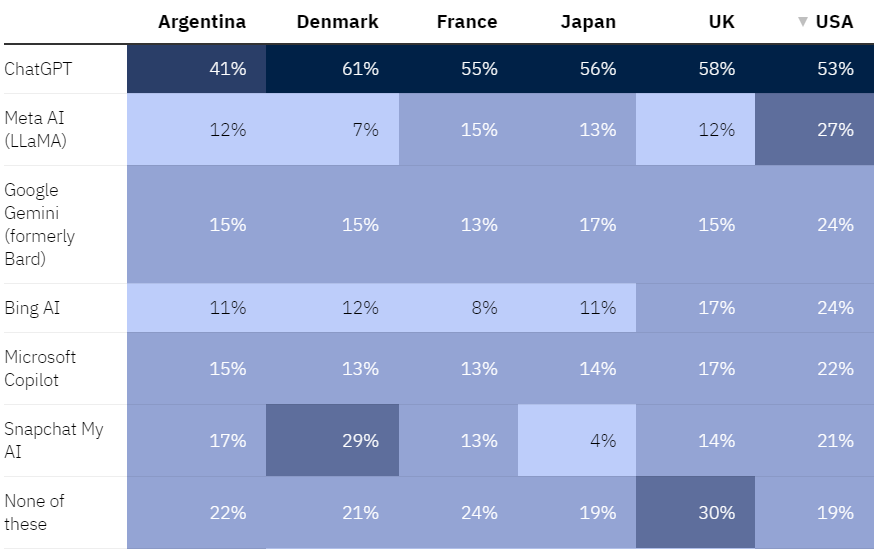
By far, the most popular AI in the U.S. is ChatGPT, with more than half of the respondents being aware of it. That’s not so strange, because ChatGPT was the first chat bot and quickly became synonymous with AI. What is strange is that the strongly advertised Copilot is known by only 22% of the people who took the poll, falling behind Google’s Gemini and Meta AI. And even more peculiar is the fact that even Bing AI is more popular than Copilot.
Even if people know about these bots, it doesn’t mean that they also use it. In fact, from the study, we learned that only 7% of the U.S. respondents are using ChatGPT daily and only 11% use it weekly. With Copilot, the situation is a lot worse: 2% daily usage and 4% weekly usage by the U.S. respondents.
Of course, not all the respondents are Windows users and Copilot’s popularity might be higher among them. Even so, the situation is relevant for the general AI usage.
The constant push for advertising drives users away from Windows 11
We can go on and on, but the truth is that the attraction of AI tools isn’t strong enough to overcome frustration from countless ads shown throughout Windows 11 experience and even in Copilot’s responses. The community has voiced its frustration with different responses, turning to ad-blocking apps or the ones from the start menu for some relief from the ad barrage.
The rate at which people are adopting Windows 11 also shows this gap. Most users are sticking with Windows 10, and it seems Microsoft’s plan to attract them by offering more advanced AI features might not work as well as they thought. The ads appearing in the Start and Settings menus have been a source of debate too, causing users to look for other options that provide simpler and smoother use.
This emphasizes an important misjudgment: that users eagerly anticipate additional AI tools. In truth, what they desire is a more simplified and ad-free setting. The dispute about Recall function in Copilot+, because it could take screenshots and cause privacy issues, only makes the situation worse. Many people are suggesting turning off this feature even before it is officially launched.
The reaction from the community about ads appearing in Windows 11 has been quite interesting. Rather than just accepting these ads, users have shown a strong desire to remove or find ways around them, indicating their clear preference for an operating system that does not contain unwanted recommendations. The popularity of Start menu replacements such as Start11 and StartAllBack, which provide an experience without advertisements further highlights this feeling.
The way to get more people using Windows 11 might not be by adding complexity but providing a simpler and respectful user experience. The tech world is always changing, and this shows that sometimes, less can be more.

